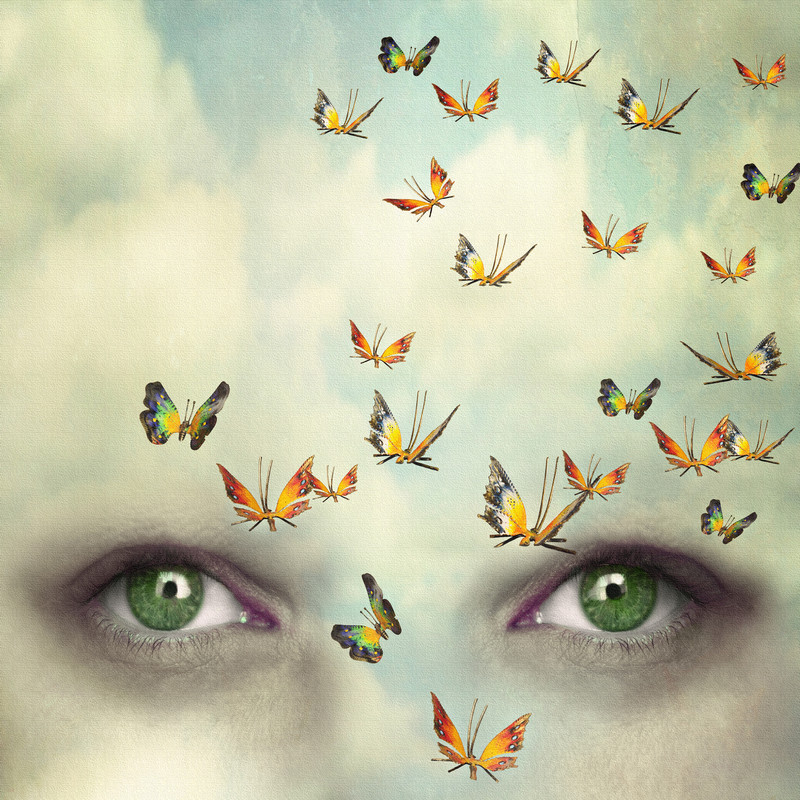We would all like to think that we are all fully-functional, independent, emotionally healthy adults living happy and productive lives… that our childhoods are over. But although we may look like adults on the outside, in emotional-psychological terms, many of us are still children.
But our personal growth, the freedom of our true selves, our “I’s,” counts critically on our capacity to change our M.O.L.E.’s to better fit with the ever wavering world about us. Until we replace our old M.O.L.E.’s with new ones, our emotional suffering will continue. There is no automatic switch inside ourselves that turns us from “Me’s” into “I’s:” we have to use self-awareness to flip the switch ourselves.
The good news is that it is never too late to change!
But I know what you are thinking right about now: How does this guy know? I am a happy adult. I don’t think or act like a child!
The delusion is devilish, is it not?
Okay, maybe you are a beautiful butterfly who has completed your metamorphosis. You are flying high in life, lifted by the light, worry-free winds of joy, freedom, and self-awareness.
But what if you are not?

Alfred Adler, one of the fathers of analytic individual psychology, believed that our feelings not only spoke volumes about our goals and their corresponding M.O.L.E.’s, but also were evidenced in our actions towards others. He identified various problem behaviors, which unfortunately are not limited to children.
A problem behavior is an action that seeks insidiously to perpetuate our “Me’s” by attempting to force others to bow to our M.O.L.E.’s. We have decided that this strategy, since it worked in childhood, will continue to work in adulthood; and if it does not, that just means we have to push it a little harder.
All problem behaviors are founded upon seeking to control the world, and all those in it, in order to feed the Me Monster.
Suppose a child receives very little or no attention from its parents. It is easy to paint a picture of such a child’s M.O.L.E.: I do not exist in this giant world around me; I am nothing. I must do something that will get me noticed. Soon the child adopts problem behaviors in order to attempt to control the problem, and various worsening phases of attention seeking are seen, including extreme ones seen in dictators. Before long, the child becomes an adult in many ways: physically, financially, romantically, etc.
However, emotionally, psychologically, the child is still a child, using a M.O.L.E. from childhood to function in an adult world.

Suppose this adult becomes so skilled at controlling others to gain the attention he so desperately needs that he achieves great material or even political success, becomes a leader, say, of a highly influential country. Then the leader’s popularity numbers suddenly sink dramatically down during a reelection, and he resorts to destructive attention seeking behaviors. I saw this recently when a leader ceased negotiations on a new policy that a country desperately needed in order to recover financially from the profound effects of a pandemic.
All because they no longer liked him … his monstrous Me.
I know how hard it is to let go of a M.O.L.E.; it is as if we have to kill a part of ourselves, a troublesome but longtime visitor to whom we have grown deeply attached.
But in the end, we all have to choose to let go, one way or another. If we start now, today, not only will we feel newfound joy and freedom in the here and now, we will be able to live our moments more fully, as true individuals …
… and then every ending, including the big one, will be peaceful and easier, because we will have fully lived, rather than just controlled.
Yours in the infinite joy of the “I,”
Phoenix Richardson.

